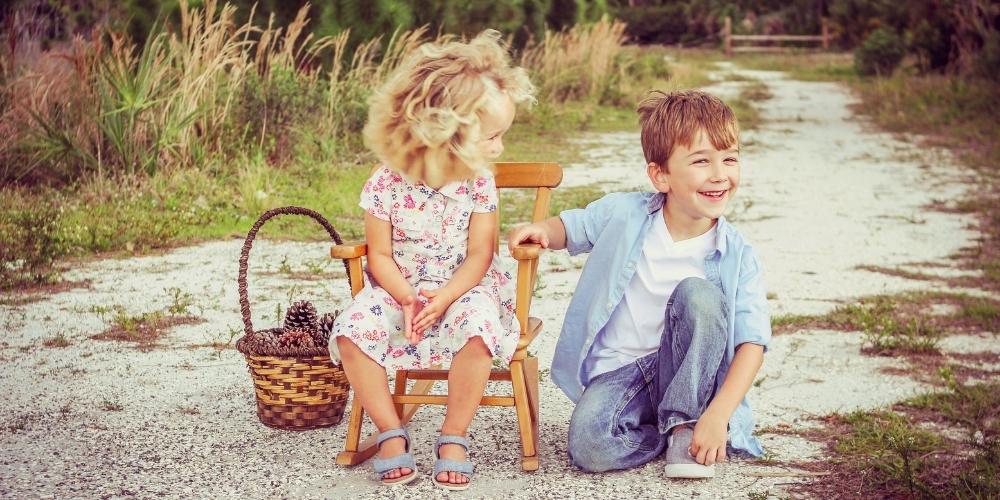
National Siblings Day: Should You Share Shoes With Your Siblings?
Mar 01 , 2022
Tags - Should You Share Shoes With Your Siblings?
Any parent will probably tell you that hand-me-downs make life a lot easier, and affordable!
After all, children will very quickly outgrow toys, clothes, shoes and just about everything else.
So being able to reuse items from an older sibling makes sense right?
Unfortunately, not when it comes to shoes.
As with adults, children’s feet will vary from long to short, wide to slim.
Typically, children will have a wide and flat foot that grows narrower in time as the foot structure develops.
In the first few years of life, children’s feet are soft and vulnerable, which is why it’s important to help aid the proper development of bones, muscles and ligaments in the feet.
And for this reason, this is one area where parents should spend a little extra and get new footwear, rather than sharing between siblings.
Let’s take a closer look into why.
Shoes Mold Shape to the Original Owner
As you may already be aware, shoes do not stay in their crisp, brand new condition for very long.
Once you’ve worn them a few times, and they get “broken in”, the insoles and midsoles start to adapt their shape and conform to the unique foot shape of the wearer.
Think about it: how different does a pair of shoes feel after a week compared to when you first tried them on in store?
Most people assume that this is just their feet getting comfortable with the new shoes, but actually, it’s the shoes that are changing their shape in subtle ways.
And this is just as true for children too. All the running around, playing and standing is enough to change their shoe shape to their unique foot shape and biomechanics.
So, if you try to pass these on to a younger sibling, they’re not going to fit the same way, which will increase the risk of them developing painful foot problems.
Shoes Have a Limited Life
Not only do shoes change shape, but more obviously, they will eventually wear down, period.
Both midsoles and insoles get compressed, soles will start to lose their traction and they simply won’t provide the same level of support or cushioning than a new pair of shoes would.
Of course, some children may outgrow their shoes before they wear them down completely, but the younger sibling will still receive compromised footwear that may not protect their feet properly.
Shoes Can Hold Onto Fungi, Bacteria and Viruses
Feet are not exactly the cleanest of body parts, especially for hyperactive kids.
And because shoes can become warm and moist, it makes it a very attractive environment for the kinds of bacteria that causes Athlete's Foot, foul smells, warts and other skin or nail irritations.
Consequently, handing down shoes from one child to another will put the younger sibling at risk of these unpleasant infections - more so if the older sibling had any obvious foot problems.
The Exception
There is one exception and that’s baby shoes.
Since babies are not able to run around, they won’t break down shoes as much as older kids.
Therefore, if a pair of baby shoes is in good condition, showing no signs of changing shape, you can share these between siblings.
Secondly, parents with toddlers who are just learning to walk are advised to go barefoot indoors for healthy foot development, and only wear shoes for outdoor protection.
As such, they may outgrow their shoes quickly with very little wear and tear.
So unless there are no signs of use, you should not share them.
For more information, please get in touch today.
You may also like:
